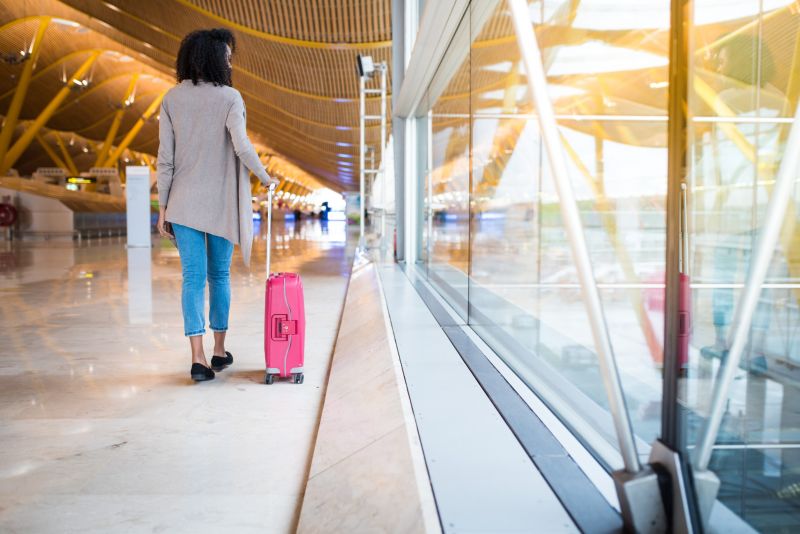The Art of Adaptation: Making Your Home in a Foreign Land
iSavta | 01.04.2024

For migrant caregivers, the journey of moving to a foreign country is not just about finding work—it's about creating a home in a place that's far from familiar. While the prospect of new experiences and opportunities may be exciting, adjusting to a different culture, language, and way of life can be challenging. In this article, we'll explore the art of adaptation and share insights on how migrant caregivers can make their home in a foreign land.
Embrace Cultural Diversity
One of the most enriching aspects of living abroad is the opportunity to immerse yourself in a diverse and multicultural environment. Embrace this diversity with an open mind and a willingness to learn from others. Take the time to explore the local culture, traditions, and customs, and participate in community events and celebrations. Engaging with locals will not only deepen your understanding of the host country but also help you feel more connected to your new home.
Learn the Language
Language is the key to unlocking deeper connections and integration into your new community. Take advantage of language classes, language exchange programs, or language-learning apps to improve your proficiency in the local language. Practice speaking with native speakers whenever possible, and don't be afraid to make mistakes—learning a new language is a journey, and every effort counts towards your progress.
Adapt Your Lifestyle
Living in a foreign country may require adjustments to your lifestyle and daily routines. Be prepared to adapt to different food, climate, transportation, and healthcare systems. Stay flexible and open-minded, and embrace the challenges and opportunities that come with living abroad. Maintain a healthy balance between preserving elements of your own culture and embracing aspects of the local culture to create a unique blend that feels like home.
Build a Support Network
Building a support network is essential for navigating the ups and downs of life in a foreign land. Connect with fellow migrant caregivers, expatriates, and locals who share similar experiences and interests. Join social groups, clubs, or religious organizations where you can meet like-minded individuals and forge meaningful connections. Having a support network will provide you with a sense of belonging and camaraderie, and offer valuable support during times of transition or homesickness.
Stay Connected with Home
While adapting to life in a foreign country, it's essential to stay connected with your roots and maintain ties with family and friends back home. Use technology to your advantage by staying in touch through video calls, social media, or messaging apps. Share your experiences, photos, and updates with loved ones, and seek comfort in knowing that they're cheering you on from afar. Cultivate a sense of belonging to both your new home and your homeland, and embrace the richness of your dual identity.
Conclusion
The art of adaptation is a journey of discovery, growth, and resilience. As a migrant caregiver, making your home in a foreign land requires courage, flexibility, and an open heart. Embrace cultural diversity, learn the language, adapt your lifestyle, build a support network, and stay connected with home to create a fulfilling and meaningful life abroad. Remember that every challenge you overcome and every experience you embrace will enrich your journey and contribute to your personal and professional growth. With patience, perseverance, and a spirit of adventure, you can truly make your home anywhere in the world.












